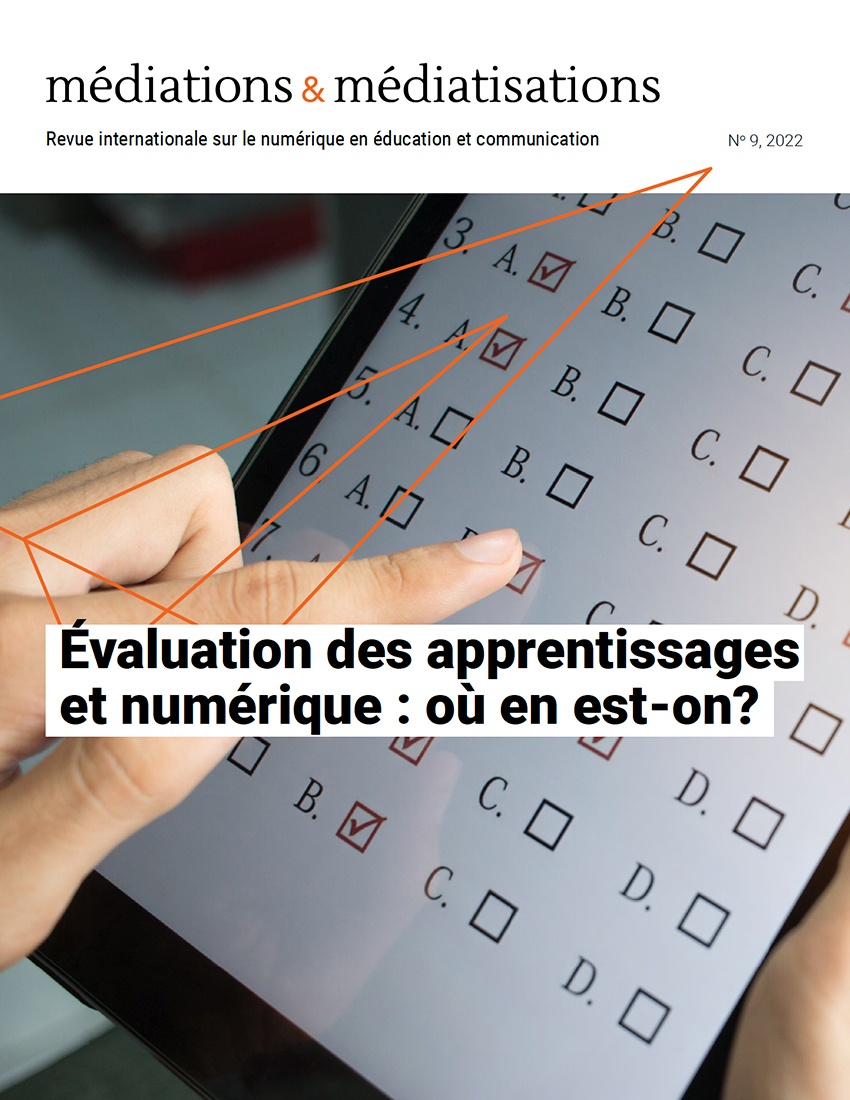Et si les cas de plagiat et de tricherie étaient liés à la nature des activités d’évaluation?
Contenu principal de l'article
Résumé
La pandémie de COVID-19 et la fermeture des établissements d’enseignement qu’elle a entrainée ont conduit le personnel enseignant à s’interroger sur la manière d’apprécier les apprentissages des apprenants à distance. Dans cet article, nous examinons la voie de l’évaluation authentique pour proposer aux apprenants des activités d’évaluation qui les amènent à faire usage de créativité et, ce faisant, à diminuer les cas de plagiat et de tricherie.
Téléchargements
Renseignements sur l'article
Références
Duval, A.-M. et Pagé, M. (2013). La situation authentique : de la conception à l’évaluation. AQPC.
Leroux, J. L., Hébert, A. et Paquin, J. (2015). Concevoir des tâches d’évaluation en situation authentique. Dans J. L. Leroux (dir.), Évaluer les compétences au collégial et à l’université : un guide pratique. AQPC.
Louis, R. (2004). L’évaluation des apprentissages en classe : théorie et pratique. Beauchemin.
Papi, C., Hébert, M.-H. et Gérin-Lajoie, S. (sous presse). La formation à distance : une source d’inspiration pour repenser l’évaluation? Actes du colloque ADMÉÉ-Europe 2022.
Poiré, A.-S. (2020, 15 novembre). Hausse préoccupante du plagiat. Le Journal de Montréal. https://www.journaldemontreal.com/2020/11/15/hausse-preoccupante-du-plagiat
Radio-Canada (2020, 21 juin). La tricherie, un effet secondaire de la pandémie pour les universités. Radio-Canada. https://ici.radio-canada.ca/nouvelle/1714027/plagiat-cours-en-ligne-surveillance
Tolman, S. (2017). Academic dishonesty in online courses: considerations for graduate preparatory programs in higher education. College Student Journal, 51(4), 579-584. https://tinyurl.com/mvuuum7f
Wiggins, G. P. (1993). Assessing student performance: exploring the purpose and limits of testing. Jossey-Bass.

